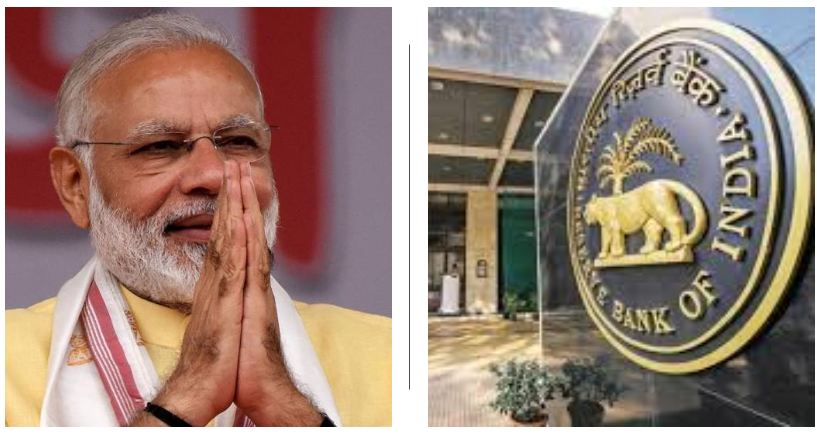Several Indian companies were defaulting on their loans intensely because initially there was no law to dissolve their companies. The promoters were sure that the management of the company will not go out of their hands. They were taking loans from the government banks by bribing the employees with the intention of never returning the loan back. Since India brought the Insolvency and Bankruptcy Code, companies are now running after the banks to pay back their dues, because the IBC rules barred promoters of companies that are classified as non-performing assets (NPAs) from bidding for these companies. According to the data compiled by the Ministry of Corporate Affairs (MCA) over 2100 companies settle their dues of around Rs 83,000 crore, before action was taken under the newly-enacted Insolvency and Bankruptcy Code (IBC). Majority of dues were paid after the IBC amendment was enacted. This gives a clear outlook that so many people were taking advantage of the system because it wasn’t strict enough.
This amendment faced several criticisms from the defaulter corporate groups such as Ruias of Essar, Signals of Bhushan Group and Gaurs of Jaiprakash Group because they were kept out of the bidding process for their own companies. This move by the Modi government has taught a lesson to the corporate companies who were not paying back their dues intentionally. If there would have been an IBC law earlier, then India wouldn’t have defaulters like Vijay Mallya and Nirav Modi. The Modi government has tackled the situation head-on, and this will create a healthier economy in the times to come.
The PM Modi led government took strong decisions to wipe out NPAs from Indian banking industry. The Insolvency and Bankruptcy Code (IBC) is proving to be the most powerful weapon against the NPA problem, even the Economic Survey of 2018 said that the new Insolvency and Bankruptcy code (IBC) has helped in the improvement of the banking sector. Under the IBC law, National Company Law Tribunal (NCLT) has approved Tata Steel’s bid to acquire the bankrupt Bhushan steel. This is the second biggest dissolution of stressed assets by NCLT under the newly adopted Insolvency and Bankruptcy (IBC) Code. Anil Agrawal led Vedanta Resources was the first successful bidder under this new law. It took over the ownership of the bankrupt Electrosteel Steels for an aggregate amount of Rs 1,805 crore (USD 275.7 million) and an additional fund of Rs 3,515 crore (USD 536.9 million) by way of debt. The Bhushan Steel and Electrosteel were both among the first twelve companies which were referred by RBI to National Company Law Tribunal for proceedings under the Insolvency and Bankruptcy Code, the other being Essar Steel, Alok Industries, Amtek Auto etc. The proceedings for these companies are under process, and RBI expects to write back 1 lakh crore after 12 NPA cases referred to insolvency board get solved.
Praising the IBC Principal Economic advisor of Finance ministry Sanjeev Sanyal tweeted that India finally has a market-based economy.
Till 1991 we had socialism without entry (except those who could procure a license). Then we had capitalism without exit. Finally we have a market based system that allows creative destruction. 2/n
— Sanjeev Sanyal (@sanjeevsanyal) May 18, 2018
The gross NPAs of all the banks in the country amounted around Rs. 8,40,958 crores in December, led by industry loans and followed by services and agricultural sectors. Earlier, exit from the business was one of the most tedious things to do, thanks to socialist business laws which were the hallmark of previous governments. These laws helped in creating large non-performing assets, which was the largest problem faced by the Indian government and the Reserve Bank of India in the previous decades. But then after this amendment, in 2018 India ranked 100th where as in 2017 it ranked 130th in the Ease of Doing Business Index.
